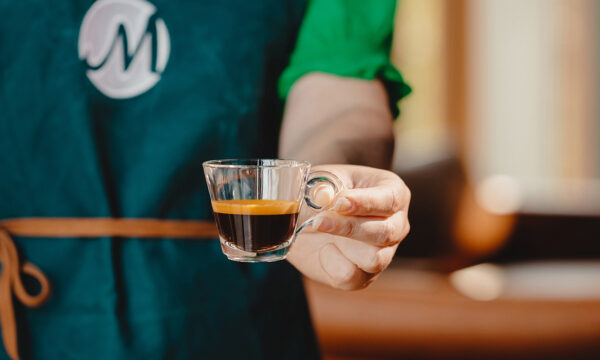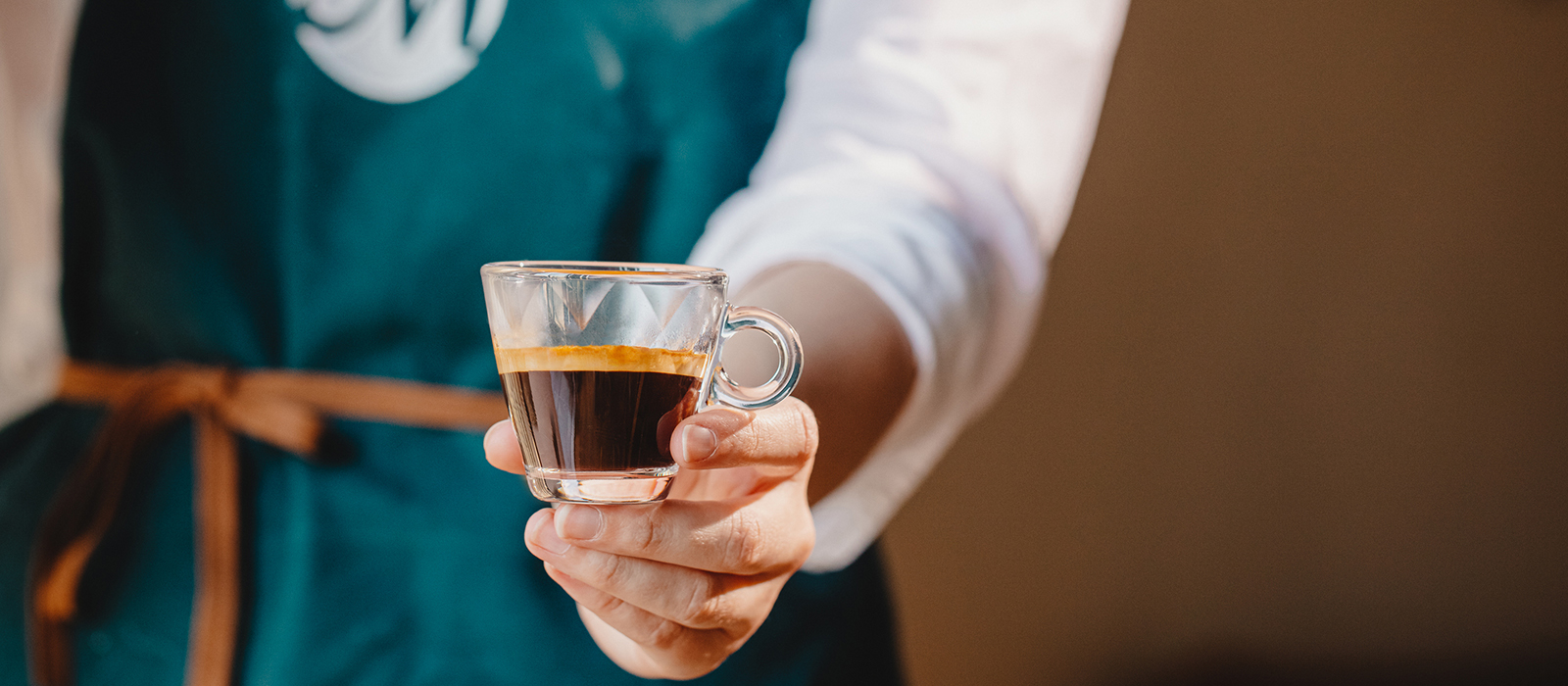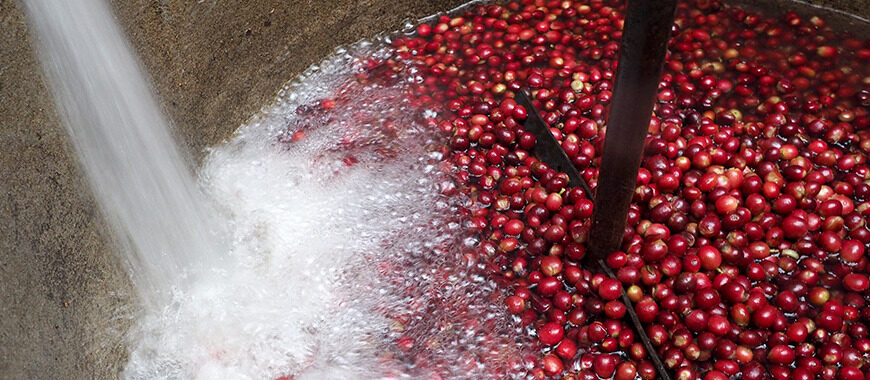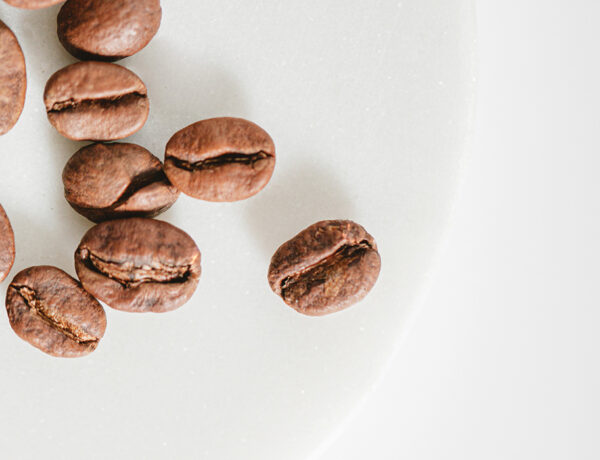
- Home
- Blue Mountain Coffee: the Best Coffee in the World?

Blue Mountain Coffee: the Best Coffee in the World?
Written by Julie
Reading time 4 minBlue Mountain coffee sounds almost like a legend among coffee lovers. Produced in the mountains of Jamaica, this variety is renowned for its exceptional quality. Certified, controlled, protected, how did Blue Mountain coffee earn the reputation of being the best coffee in the world?
Where Does Blue Mountain Coffee Come From?
The story of the ‘king of coffee‘ began when the French king Louis XV decided to plant coffee trees on the island of Martinique. Five years later, in 1728, the governor of Martinique gave Sir Nicholas Lawe, governor of Jamaica, one of these coffee trees. From this single plant, the production of Jamaican coffees began. The coffee trees did particularly well in the Blue Mountains of eastern Jamaica. By 1951, only a few small plantations had survived the successive land-use plans. The decision was made to rebuild the plantations and ensure strong quality control to make coffee one of the country’s main exports. The Jamaica Coffee Industry Chamber established strict standards for the growing, harvesting, processing and marketing of Jamaica Blue Mountain coffee. It was not until 1973 that the Blue Mountain Coffee designation was registered and became the highly valuable product it is today.
Growing Coffee in the Blue Mountains
As with all coffees, the conditions in which Blue Mountain coffee is grown play a key role in the development of its flavours. Perched in the Blue Mountain range, at over 2200 metres, the coffee trees grow in rich soil and optimal climatic conditions. Indeed, the mountain range has its own micro-climate. Temperatures are cooler in the afternoon and rainfall is abundant. These variations in temperature and humidity allow the cherries to ripen slowly, developing characteristic aromas of the Blue Mountain coffee beans. Only Arabicas grown in the island’s mountainous plantations can earn this sought-after label. And only if they are grown above 910 meters and in certain regions! Recently, in order to avoid intensive deforestation, Blue Mountain coffee is no longer grown above 1,700 meters. Above this altitude, the protected areas of these mountains are classified as UNESCO World Heritage sites.
Processing Methods and Harvesting of Blue Mountain Coffee
In accordance with Jamaican coffee quality standards, the cherries are harvested by hand. Only the reddest cherries are selected to ensure the best coffee beans. They are then immersed in water. This process removes damaged cherries, which tend to float, from the batch. The fruit is then washed. The pulp is removed and the beans are stirred for many hours. After drying, the beans are sorted and divided into different categories. The highest quality beans, known as grade 1, will be those destined for export of what is considered the best coffee in the world. With this rigorous cultivation, harvesting and processing of its coffee, Jamaica manages to produce between 1,000 and 1,350 tonnes of Blue Mountain coffee each year. To put this into context, Colombia produces more coffee per day than Jamaica produces Blue Mountain beans in a year! This scarcity and precision has contributed greatly to the reputation of this coffee.
How Much Does it Cost?
For many years, coffee from the Jamaican mountain range was one of the most expensive coffees in the world. Today it is still relatively expensive at around €150 per kilo, but it is now surpassed by even rarer coffees such as Luwak Coffee from Indonesia or Bourbon Pointu from Reunion Island. The latter can fetch over €400 per kilo.
What does it taste like?
If we understand that we are dealing with a precious, rare and refined coffee, one question is on everyone’s lips: how does this luxurious beverage taste? Can we really say that this is the best coffee in the world? At MaxiCoffee, we like to point out that there is no such thing as the ‘best coffee’, but that there are coffees to suit everyone’s taste. Coffee from the Blue Mountains is no exception to this rule. Of course, as with all coffees, its quality and the aromatic notes it gives off depend largely on the freshness of the coffee and the skill of the roaster. Its aroma is powerful and intense. The first thing that surprises is that it seems to have no bitterness! Its rich and balanced taste reveals notes of mirabelle plum, grapefruit and hazelnut. If you are looking for fruity notes and a bitterness that knows how to be discreet, this exceptional coffee will undoubtedly meet your expectations! So, best coffee in the world or not? It’s up to you to make up your mind! There’s only one way to find out: taste it! MaxiCoffee offers you a wide range of Blue Mountain coffee, in pods, ground or bean.
Discover all of our articles


